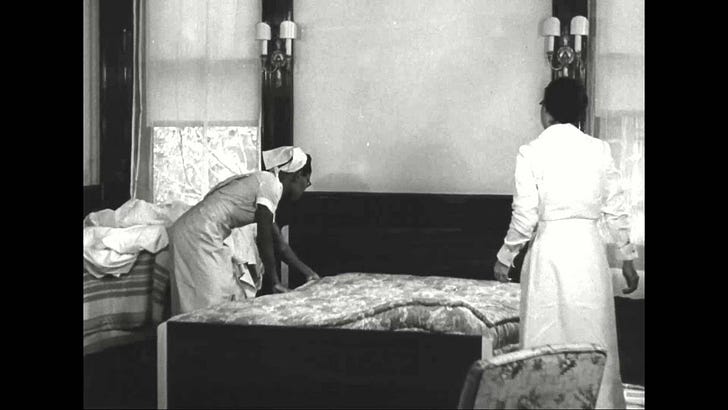10 Important Films Documenting Black History in the Making
Two weeks ago we brought you a list of 10 great black history films, all of them documentaries chronicling events of the past. Now is the promised continuation of our celebration of Black History Month with ten more documentary works significant in providing historical record of African Americans and Black Canadians. This group is more on the side of re…
Keep reading with a 7-day free trial
Subscribe to Nonfics to keep reading this post and get 7 days of free access to the full post archives.



